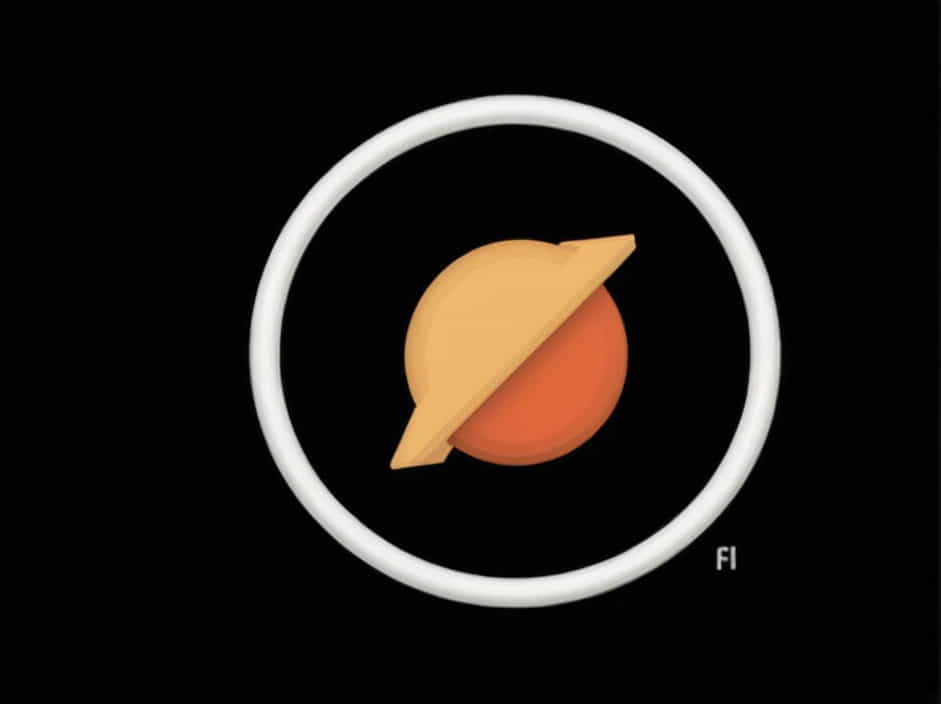Nostalgia and anticipation are two emotions deeply tied to our perception of time. Nostalgia looks back at the past with longing, while anticipation gazes toward the future with excitement or anxiety. But what is the parallel relationship? If nostalgia is to anticipation, then memory is to imagination.
Memory allows us to relive past experiences, just as imagination helps us visualize what is to come. This connection between past and future emotions shapes the way we experience life, influencing our thoughts, behaviors, and even decision-making.
Understanding Nostalgia and Anticipation
What Is Nostalgia?
Nostalgia is a sentimental longing for the past. It often comes with a sense of warmth, sometimes mixed with sadness. This emotion can be triggered by familiar scents, sounds, places, or even old photographs.
Key Characteristics of Nostalgia:
- A mix of happiness and melancholy
- Focuses on cherished memories
- Can provide comfort during difficult times
- Often triggered by sensory experiences
What Is Anticipation?
Anticipation is the feeling of looking forward to something in the future. It can be positive, like excitement for a holiday, or negative, like anxiety before a big exam. Unlike nostalgia, which is rooted in past experiences, anticipation is driven by expectations and possibilities.
Key Characteristics of Anticipation:
- Focuses on future events
- Can be either positive (excitement) or negative (worry)
- Helps prepare us for upcoming experiences
- Influences motivation and decision-making
Memory vs. Imagination: The Connection Between Past and Future
If nostalgia is a product of memory, then anticipation is powered by imagination. Our brains use past experiences to create expectations for the future, blending what we know with what we hope or fear.
The Role of Memory
Memory allows us to store and recall past events. It shapes our identity and influences how we interpret the present. When we feel nostalgic, we are engaging with our memories, often idealizing them.
Types of Memory Related to Nostalgia:
- Episodic Memory – Personal experiences (e.g., childhood vacations)
- Semantic Memory – General knowledge (e.g., remembering old songs)
- Emotional Memory – Feelings attached to past events
The Role of Imagination
Imagination, on the other hand, lets us picture things that haven’t happened yet. It fuels anticipation by creating mental images of future events, whether real or fictional.
Types of Imagination Related to Anticipation:
- Creative Imagination – Inventing new ideas or scenarios
- Predictive Imagination – Visualizing likely outcomes
- Emotional Imagination – Feeling emotions about things that haven’t happened yet
How Nostalgia and Anticipation Shape Our Emotions
Both nostalgia and anticipation influence how we feel in the present moment. They can bring joy, motivation, or even stress, depending on how we process them.
The Positive Effects
- Nostalgia provides comfort, strengthens social bonds, and can boost self-esteem.
- Anticipation builds excitement, increases motivation, and helps us prepare for challenges.
The Negative Effects
- Nostalgia can lead to excessive dwelling on the past, making it hard to move forward.
- Anticipation can turn into anxiety if we overthink future uncertainties.
The Science Behind Nostalgia and Anticipation
Studies show that nostalgia activates the brain’s reward system, releasing dopamine and making us feel good. It also engages the hippocampus, which is responsible for memory.
Anticipation, on the other hand, is linked to the prefrontal cortex, the part of the brain that plans and predicts future events. This explains why anticipation can create a strong emotional response, sometimes even stronger than the actual experience.
Real-Life Examples of Nostalgia and Anticipation
Nostalgia in Everyday Life
- Listening to a song from your childhood and feeling a rush of memories
- Reuniting with old friends and reminiscing about shared experiences
- Watching classic TV shows or movies that remind you of simpler times
Anticipation in Everyday Life
- Counting down the days to a vacation
- Preparing for a big event like a wedding or graduation
- Feeling nervous before an important presentation or interview
Balancing Nostalgia and Anticipation
Both emotions have their place, but striking a balance is key.
Tips to Use Nostalgia Positively
- Reflect without dwelling – Enjoy past memories, but don’t let them prevent you from enjoying the present.
- Share nostalgia with others – Talking about positive memories can strengthen relationships.
- Use nostalgia for motivation – Let past achievements inspire future goals.
Tips to Manage Anticipation
- Embrace uncertainty – The future is unpredictable, but that’s part of the excitement.
- Prepare without overthinking – Plan for the future, but don’t obsess over what might go wrong.
- Practice mindfulness – Stay present instead of getting lost in future worries.
Just as nostalgia is to anticipation, memory is to imagination. Our ability to reflect on the past and look forward to the future shapes our emotional experiences. When used wisely, nostalgia can provide comfort, while anticipation can fuel motivation. By balancing these emotions, we can lead richer, more fulfilling lives.
